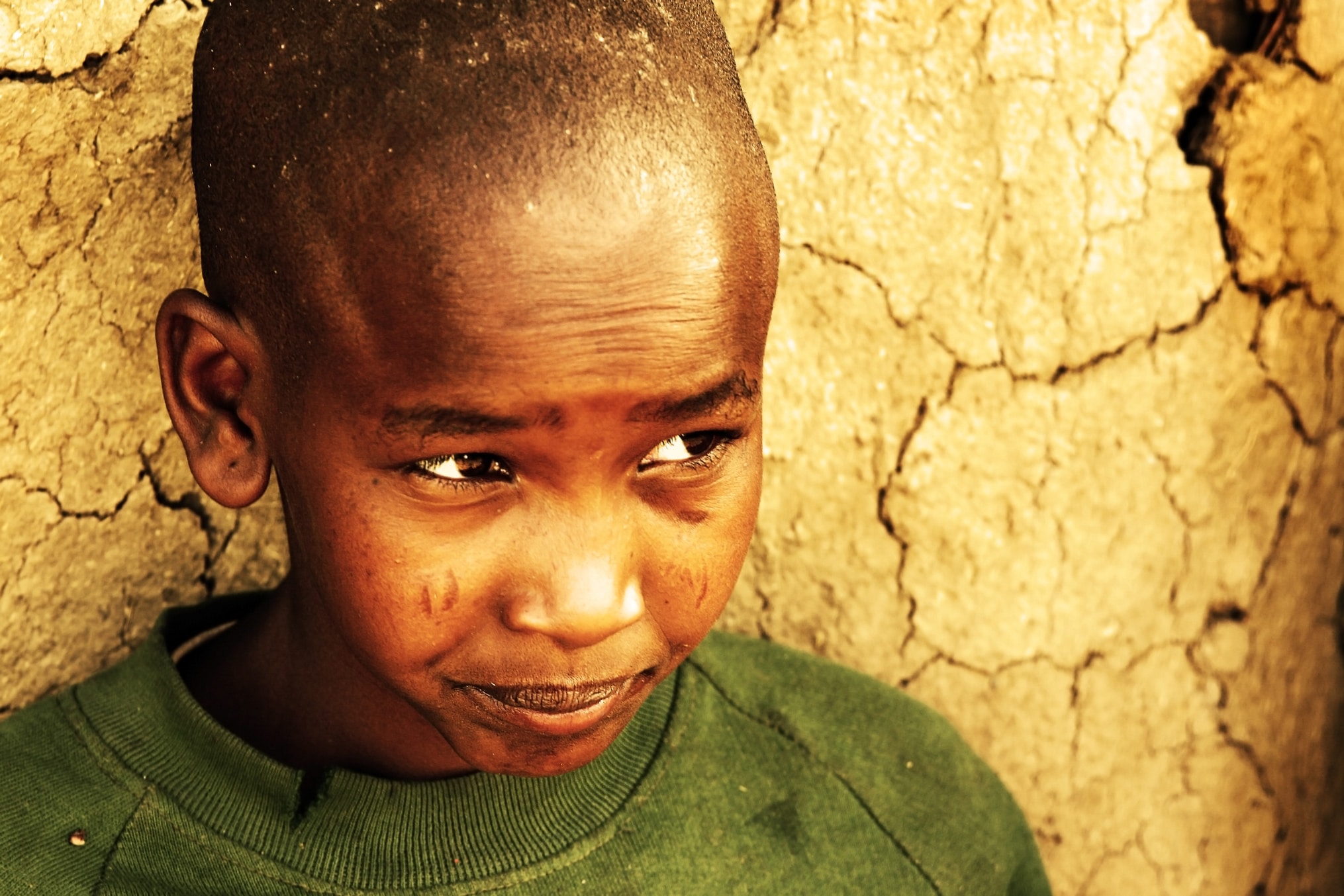The protracted Syria’s civil war is not only a humanitarian catastrophe but threatens stability as far away as the entire Middle East, North America, and Europe. As we report, more than 500,000 people have died and more than 1 million injured in this conflict and half the population – numbering more than 12 million people – is displaced. The conflict has also overwhelmed the international community as the Assad Regime remained.
Many conflict managers and experts have stressed that the international community and interested parties to the conflict miscalculated and underestimated the conflict outcome. At the onset, many saw the conflict as a back door regime change in that region that started with the Arab Spring, but the often-overlooked roots of the violence lie in a complex knot of local and sectarian conflicts that remained unresolved under decades of regimes in that Country. GlobalCops Syria Project aims at fostering a conducive environment that will help to facilitate community dialogue in that country. A concerted effort to not only bring the conflicting parties to the negotiating table in order to advance a lasting political solution but to also reduce tensions between Syrian refugees and their host communities around the world.
COMPLICATIONS TO ATTAINING PEACE: A CONFLICT WITH MANY FACES
The Syria civil war has become a proxy war, with multiple countries propping up different groups. Here’s the breakdown:
The USA – Team moderate rebels:
The moderate rebels have been crowded out by more extreme groups as compensation to participate has become more of a mercenary warfare. It wants Assad and ISIS gone. A Recent report stated that in late 2013, former President Obama made the decision to not only train and arm the rebels but also intervene militarily for the first time. But some argued that not arming and training Syria’s Rebel’s years ago created a vacuum for ISIS to thrive. Then in July of 2017, President Trump decided to end that CIA covert program (According to open sources information) that had trained and armed rebels since 2013. President Trump and President Putin shook on a partial ceasefire in Syria. Marking a shift in US foreign policy away from arming allies and towards negotiating cease-fires.
Russia – Team Assad:
The Russia Federation is one of Assad’s most important allies in the region that so many actors have argued that Assad would have fallen if not for the support and backing from Moscow. The Russia Federation is standing with Assad for a few reasons. One, it has a naval base in Syria that gives it access to the Mediterranean. Two, Moscow makes a lot of money from arms sales to the Syrian military. Three, it doesn’t like the idea of Western powers meddling in the region (regime change). In late 2015, Russia started coordinating with Assad’s forces by launching airstrikes against what it said were ISIS targets, but were actually rebel groups – the same groups backed by the US.
Iran – Team Assad:
As the most powerful Shiite country in the Mideast, Iran has an interest in protecting Assad’s Shiite-run government. But Iran’s also very anti-ISIS. Yes, this is Iran and the US actually agreeing on something.
Turkey – Team moderate rebels:
More than one million Syrian refugees have camped out in Turkey, which is a strain on its resources. Meanwhile, Turkey’s been working with the US to train and arm rebel groups. Recently, the US-Turkey relationship took a turn for the worse when the US also started helping Kurdish rebels in the region. Turkey has a long, violent history with Turkish Kurds and sees this as the US aiding their enemy. That led to clashes between US troops and Turkish-armed rebels.
OUR SYRIA INTERVENTION PROJECT
The Global Coalition for Peace and Security works with local civil societies, partners and government to enhance the knowledge and skills needed by civic, religious, and tribal leaders who are instrumental in resolving this conflict. Our engagement with these local actors involves developing practical solutions to the underlying causes of disputes and design a peaceful postwar Syria. A future where outstanding issues will be resolved peacefully without recourse to violence.
We are therefore committed to:
- Ensured the return of the displaced families and reintegrate them into their communities
- Reopened a key market road, connecting surrounding communities to necessary goods
- Increased local capacity for conflict mitigation
- Encouraged sustained cooperation among local and tribal leaders
We also acknowledge the pending challenges that will ensue as we prepare for a Democratic Transition. The GlobalCops is committed to providing expert resources that will help in:
- Implementing economic and social reforms
- Strengthening the rule of law
- Crafting a new acceptable constitution by the parties
- Guiding vital elements of political transitions



